Can you use bleach on kitchen sink?
If you're wondering whether or not it's safe to use bleach on your kitchen sink, the answer is yes, you can! Bleach is a powerful disinfectant and can be an effective cleaner for your sink. However, there are some precautions you should take and alternative options to consider. Let's explore more about using bleach on your kitchen sink.
How to clean a kitchen sink with bleach
To clean your kitchen sink with bleach, you will need to dilute it with water. The recommended ratio is one part bleach to ten parts water. You can use a spray bottle or a bucket to mix the bleach solution. Make sure to wear gloves and open windows for ventilation before using bleach.
First, remove any debris or food particles from the sink. Then, spray or pour the bleach solution onto the surface of the sink and let it sit for about 10-15 minutes. After the time has passed, scrub the sink with a non-abrasive sponge or cloth. Rinse the sink thoroughly with water and dry it with a clean towel.
Is it safe to use bleach on a stainless steel sink
Yes, it is safe to use bleach on a stainless steel sink. However, you need to be careful not to leave the bleach solution on the sink for too long as it can cause discoloration or damage to the surface. Always remember to rinse and dry the sink after using bleach.
Using bleach to disinfect kitchen sink
Bleach is a powerful disinfectant that can kill bacteria, viruses, and fungi. It's an effective way to disinfect your kitchen sink and prevent the spread of germs. Make sure to use the recommended ratio of bleach to water and let it sit for at least 10 minutes before rinsing and drying the sink.
Can you use bleach to unclog a kitchen sink
Bleach is not recommended for unclogging a kitchen sink. While it can break down some organic materials, it's not designed to dissolve clogs. It's also not safe to mix bleach with other drain cleaners as it can create toxic fumes. It's best to use a drain snake or call a professional plumber for clogs.
Bleach alternatives for cleaning kitchen sink
If you prefer not to use bleach, there are alternative options for cleaning your kitchen sink. Vinegar and baking soda are natural and gentle cleaners that can be just as effective. You can also use commercial cleaners specifically designed for kitchen sinks.
How to remove stains from kitchen sink with bleach
Bleach can be an effective stain remover for your kitchen sink. To remove stains, mix a small amount of bleach with water and apply it directly to the stained area. Let it sit for a few minutes before scrubbing and rinsing the sink. You may need to repeat the process for stubborn stains.
Precautions when using bleach on kitchen sink
While bleach can be safe to use on your kitchen sink, there are some precautions you should take. Always wear gloves and use proper ventilation when handling bleach. Avoid mixing bleach with other cleaning products, and never use it on surfaces that can be damaged by bleach, such as marble or granite.
DIY bleach cleaner for kitchen sink
If you prefer to make your own cleaner, you can create a DIY bleach cleaner for your kitchen sink. Mix one cup of bleach with one gallon of water and add a few drops of dish soap. This solution can be used to clean and disinfect your sink.
How often should you use bleach on kitchen sink
It's recommended to only use bleach on your kitchen sink once a week or as needed. Overuse of bleach can damage the surface of your sink and cause discoloration. You can use alternative cleaners on a more frequent basis to keep your sink clean and disinfected.
The Importance of Proper Kitchen Sink Care
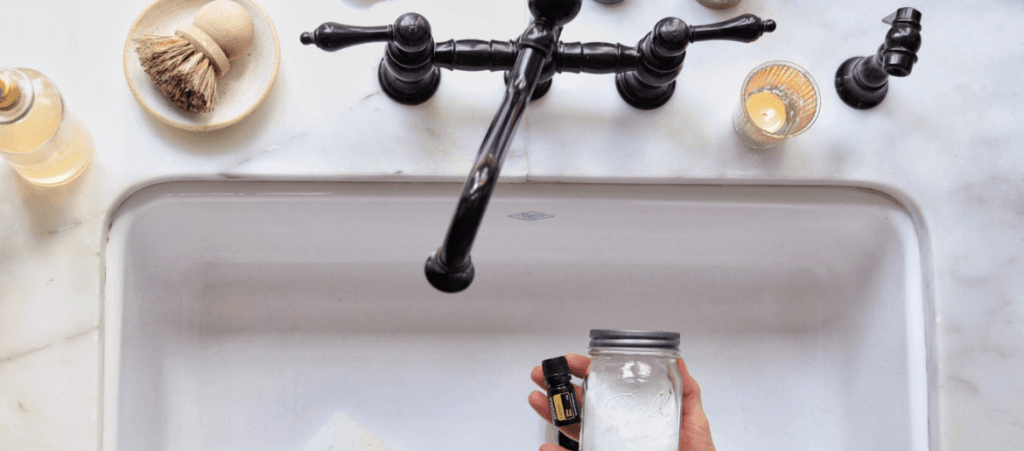
As one of the most frequently used fixtures in the kitchen, the sink plays a crucial role in maintaining a clean and functional space. It's where we wash our hands, rinse off dishes, and even dispose of food waste. With so much activity happening in and around the sink, it's important to keep it clean to prevent the spread of germs and bacteria. That's where bleach comes in.
Can You Use Bleach on Kitchen Sink?
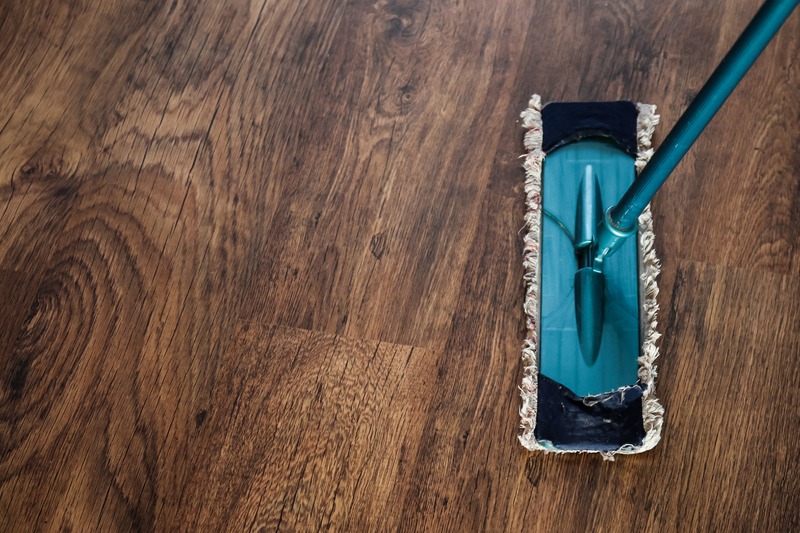
The short answer is yes, you can use bleach on your kitchen sink. In fact, it's one of the most effective and affordable cleaning agents for removing tough stains and disinfecting surfaces. However, it's important to use bleach properly and with caution to avoid damaging your sink or causing harm to yourself.
How to Safely Use Bleach on Your Kitchen Sink

Before using bleach on your kitchen sink, it's important to take some precautions to protect yourself and your sink. First, make sure to wear rubber gloves to avoid direct contact with bleach , which can irritate the skin. Next, open a window or turn on the exhaust fan to ensure proper ventilation.
To clean your sink, mix 1/2 cup of bleach with 1 gallon of water in a bucket or spray bottle. Gently scrub the sink with a soft sponge or brush, making sure to cover all surfaces. Let the bleach solution sit for 10-15 minutes before rinsing thoroughly with water. This will not only remove any stains but also disinfect your sink.
Alternative Ways to Clean Your Kitchen Sink

If you're not comfortable using bleach or want to try alternative methods, there are plenty of natural and eco-friendly options for cleaning your kitchen sink. Some popular options include using a mixture of baking soda and vinegar, lemon juice and salt, or even just hot water and dish soap. These options are not only safer for your sink and skin, but they also won't leave behind any harsh chemical smells.
In Conclusion

Properly caring for your kitchen sink is essential for maintaining a clean and healthy home. While bleach can be a useful tool in keeping your sink spotless, it's important to use it safely and with caution. If you're unsure about using bleach on your sink, try some alternative cleaning methods. With regular maintenance and cleaning, your kitchen sink will continue to shine and serve its purpose for years to come.








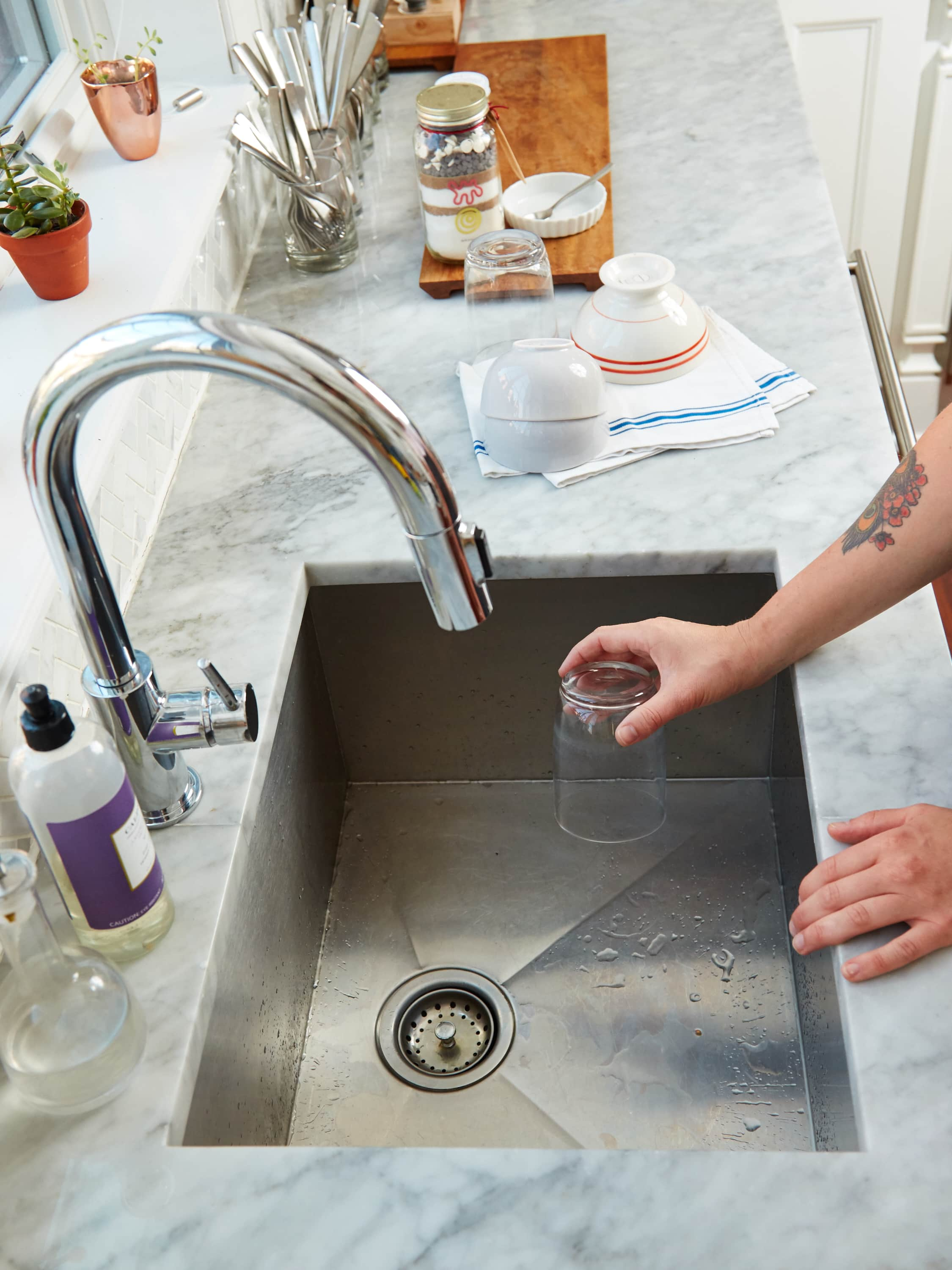
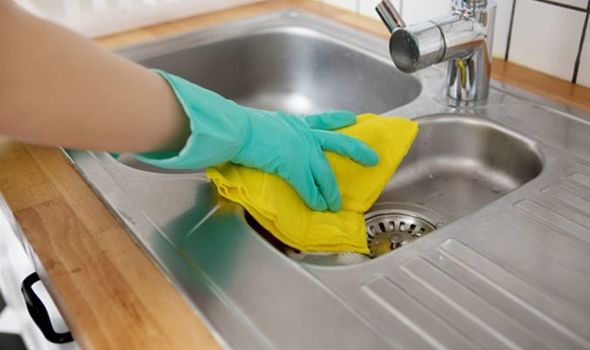

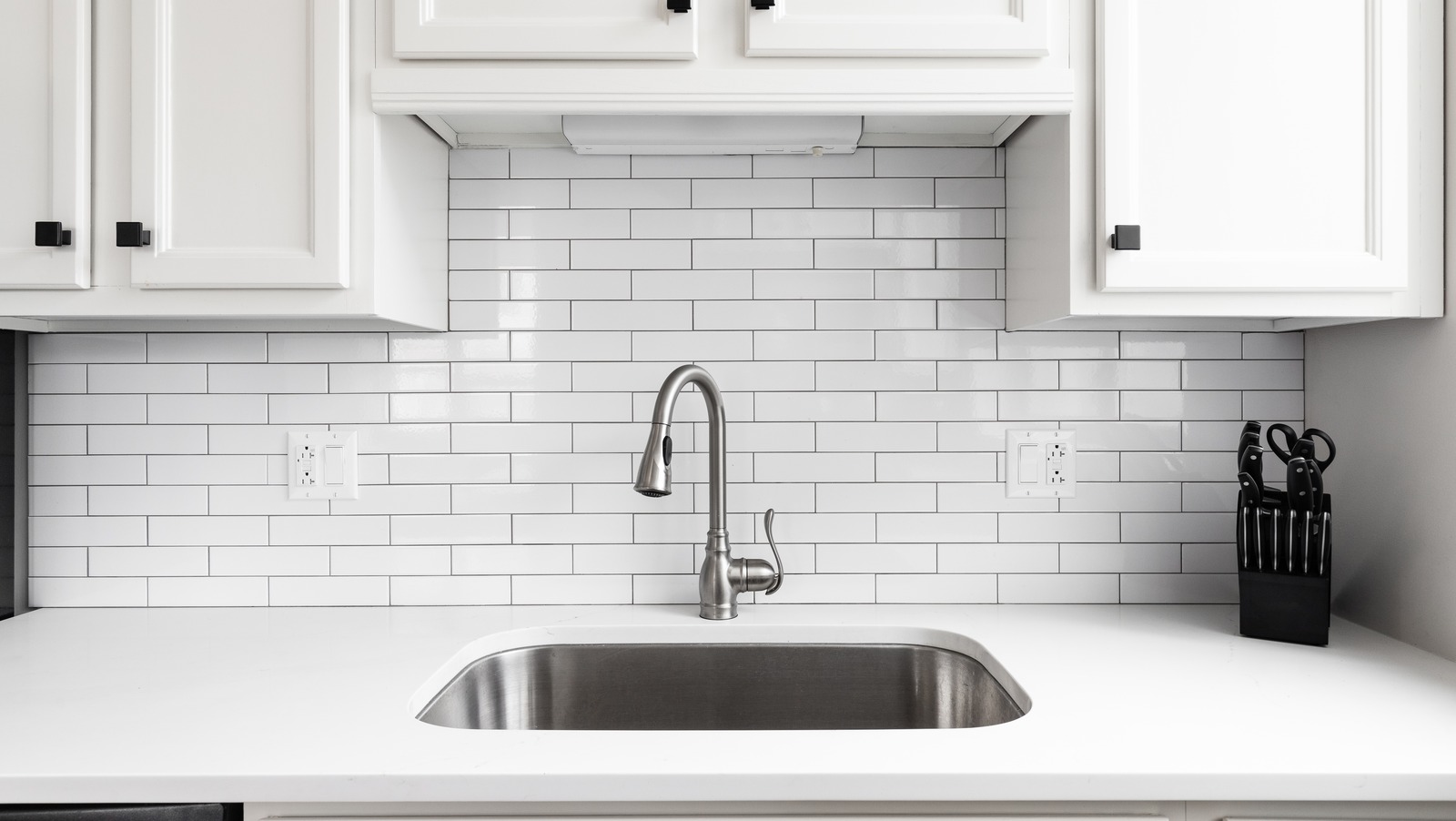


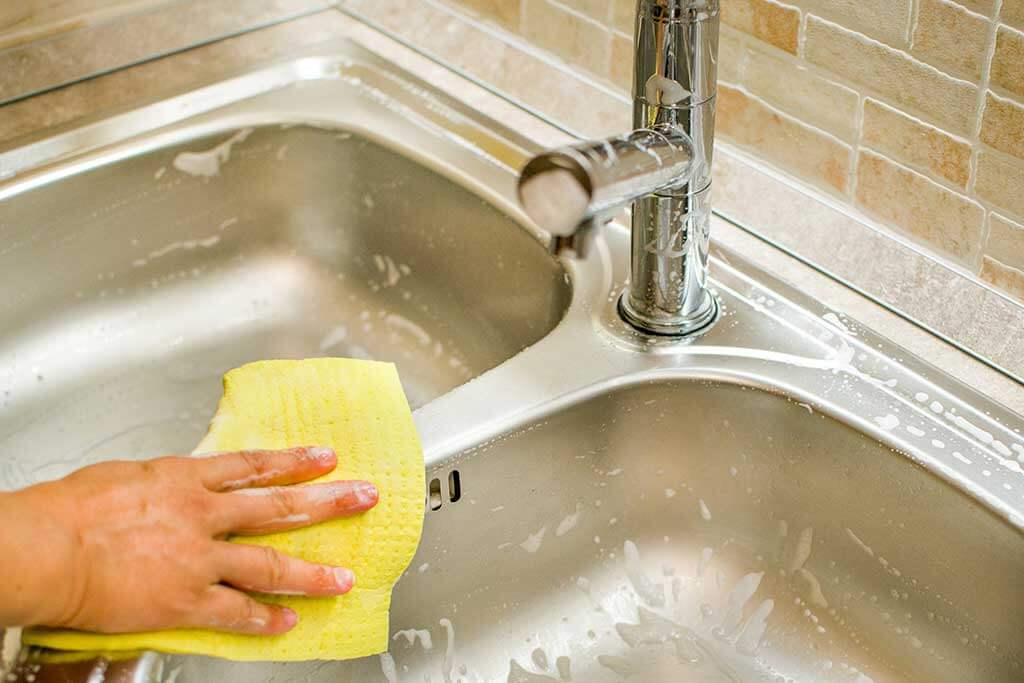
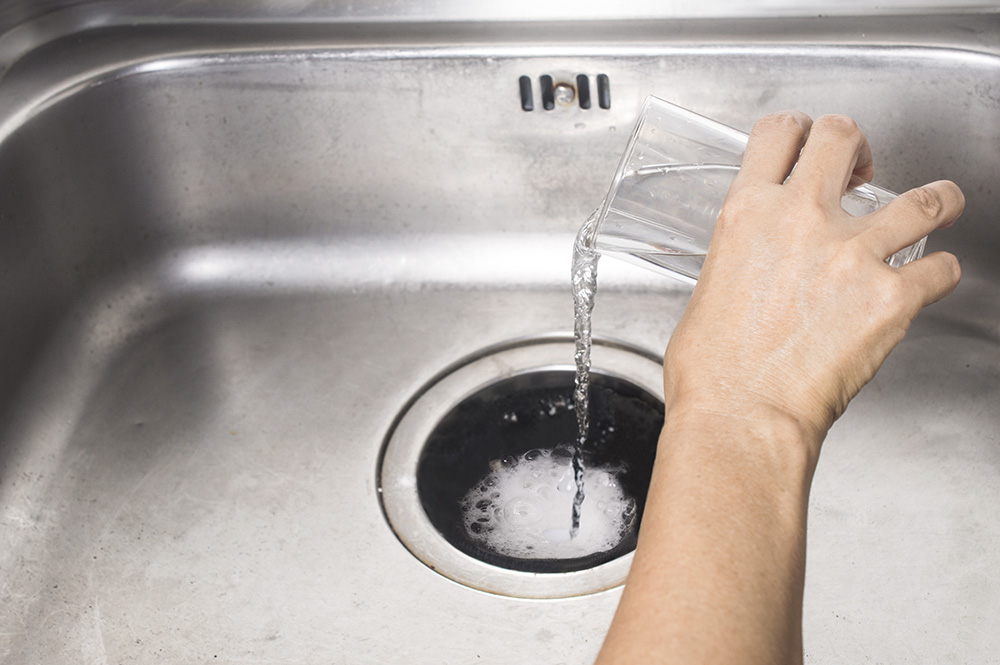





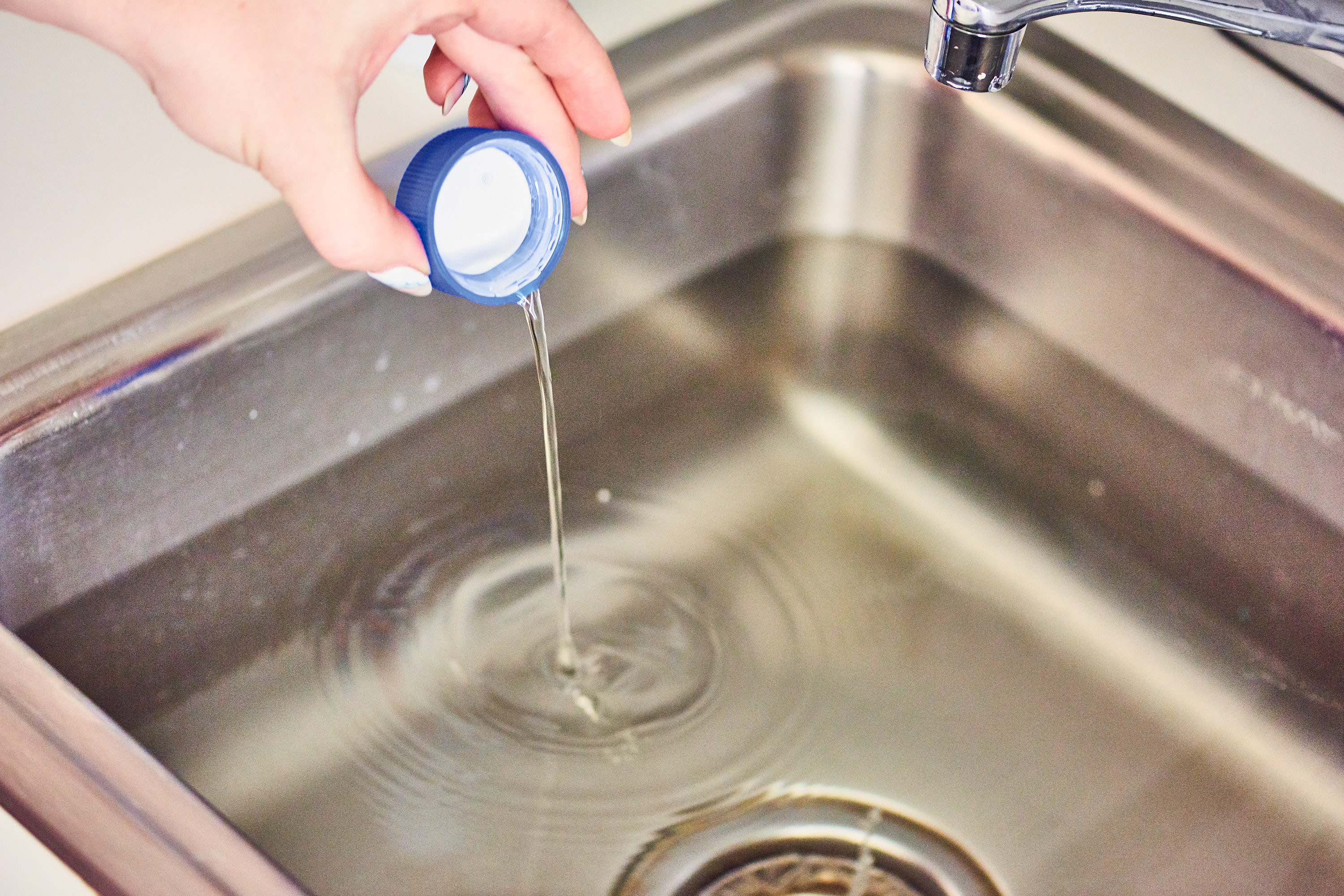
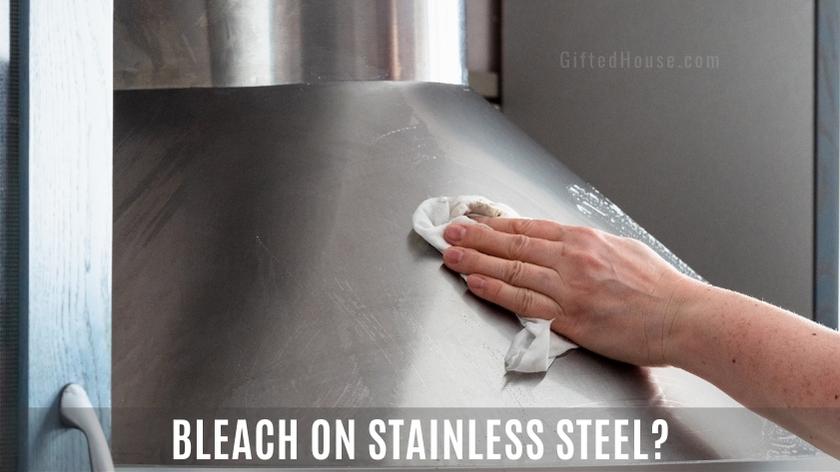
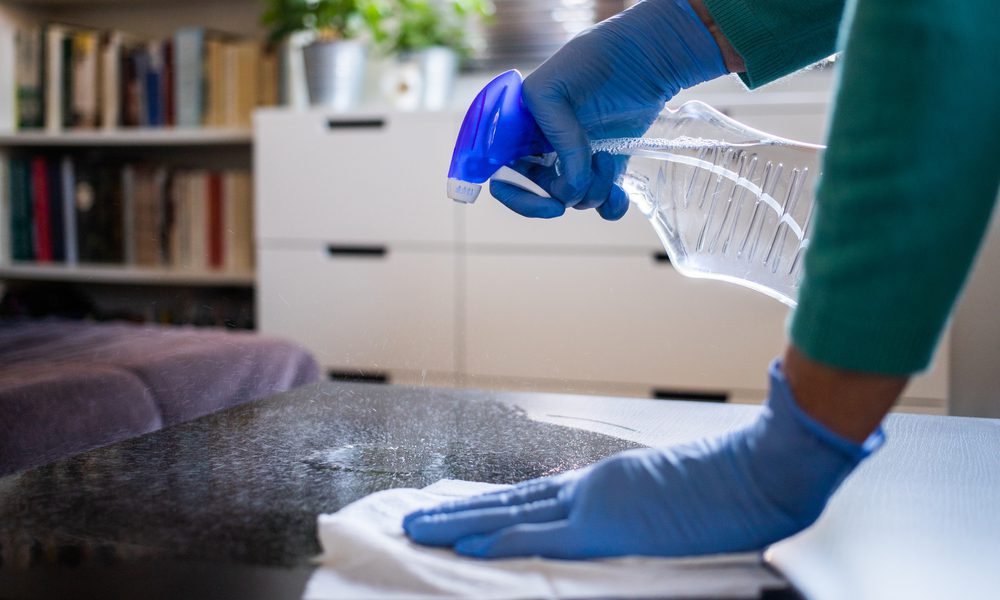


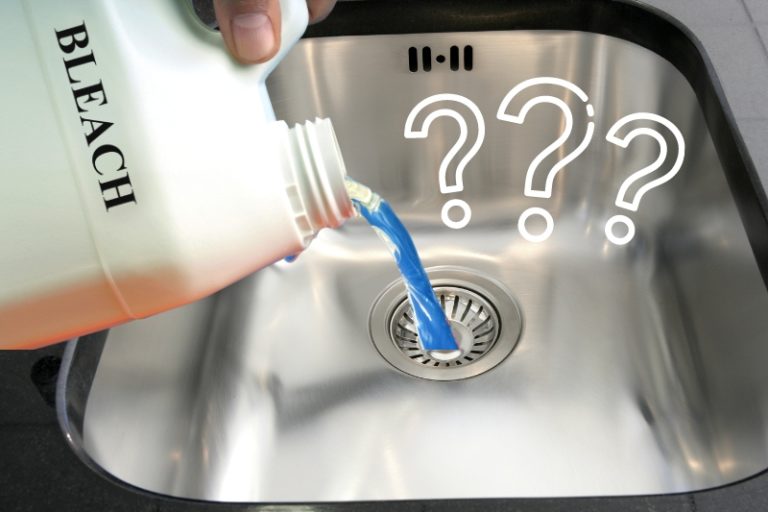
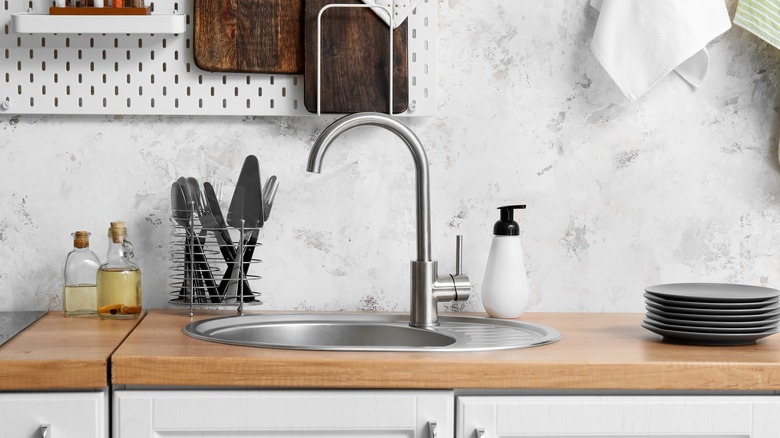
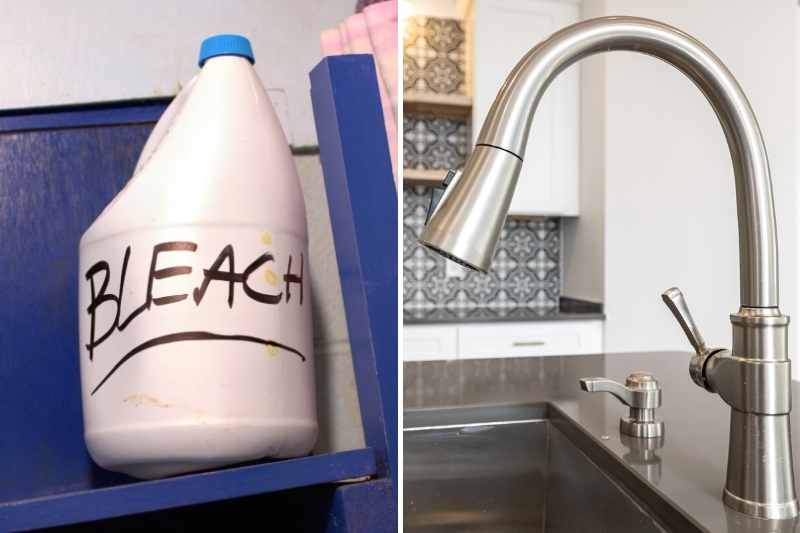
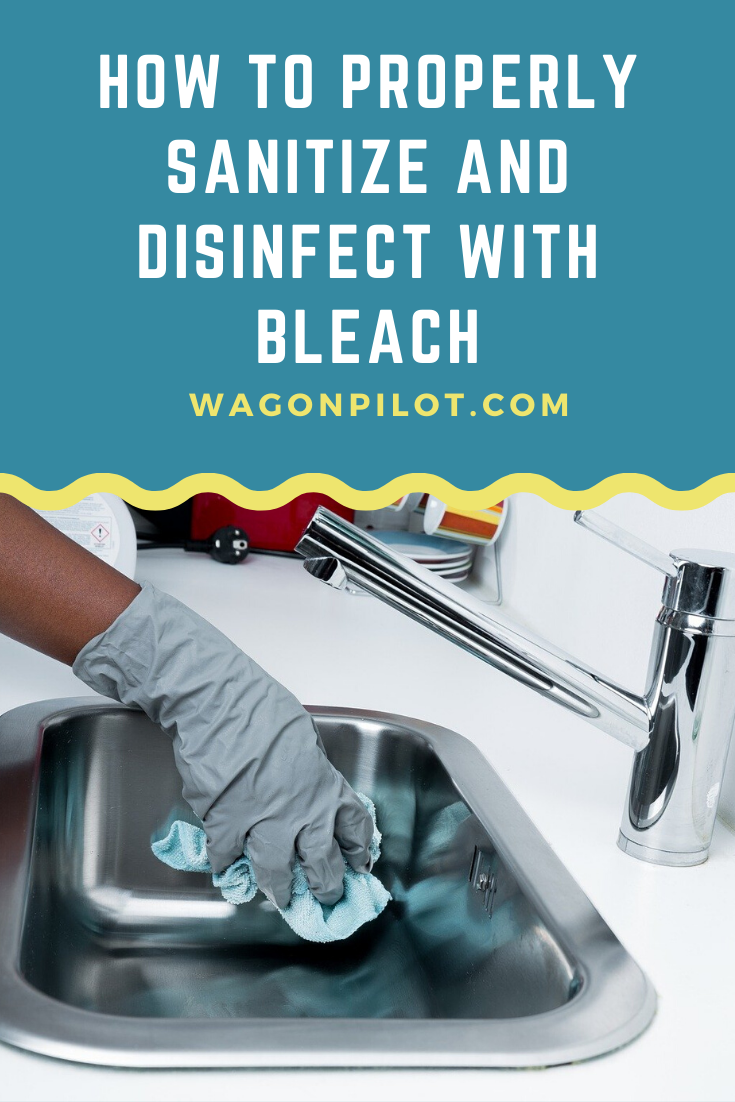

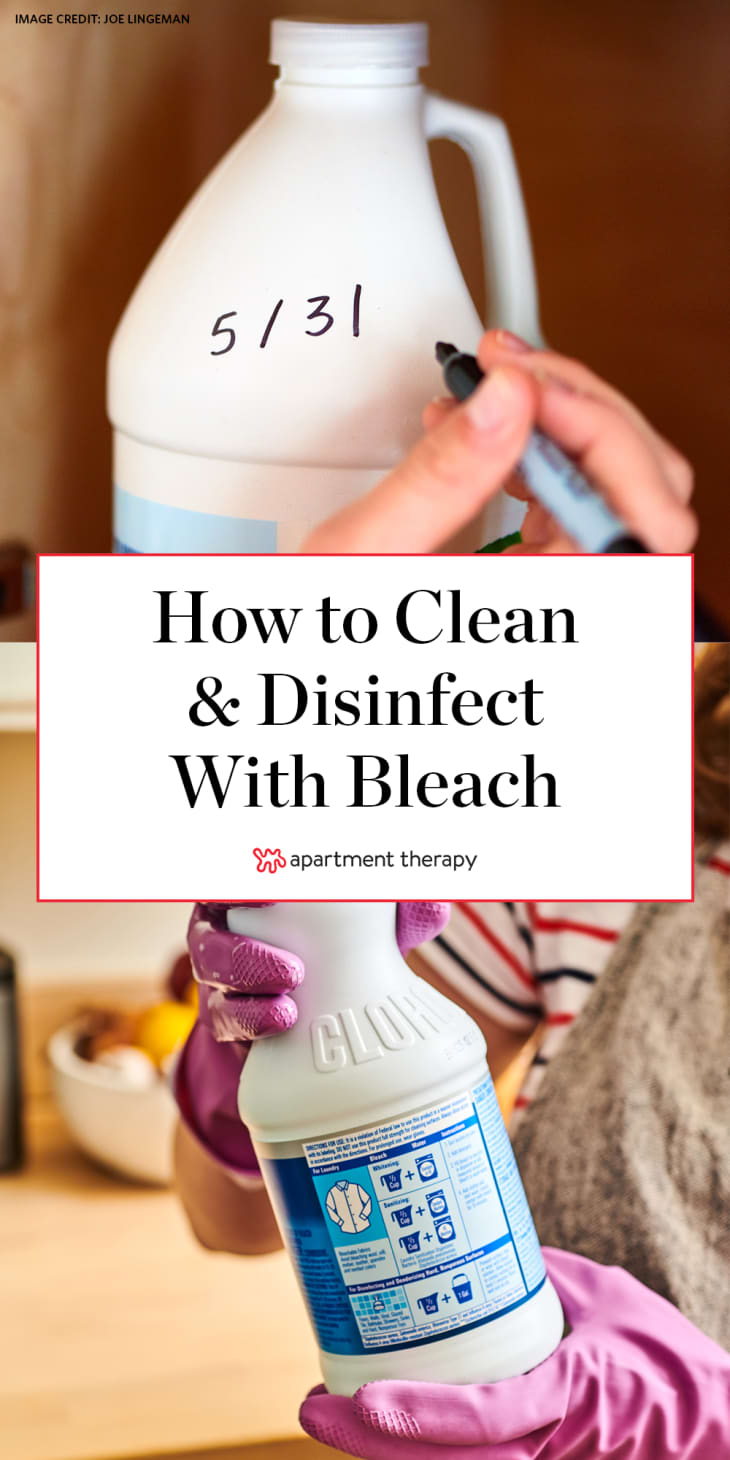
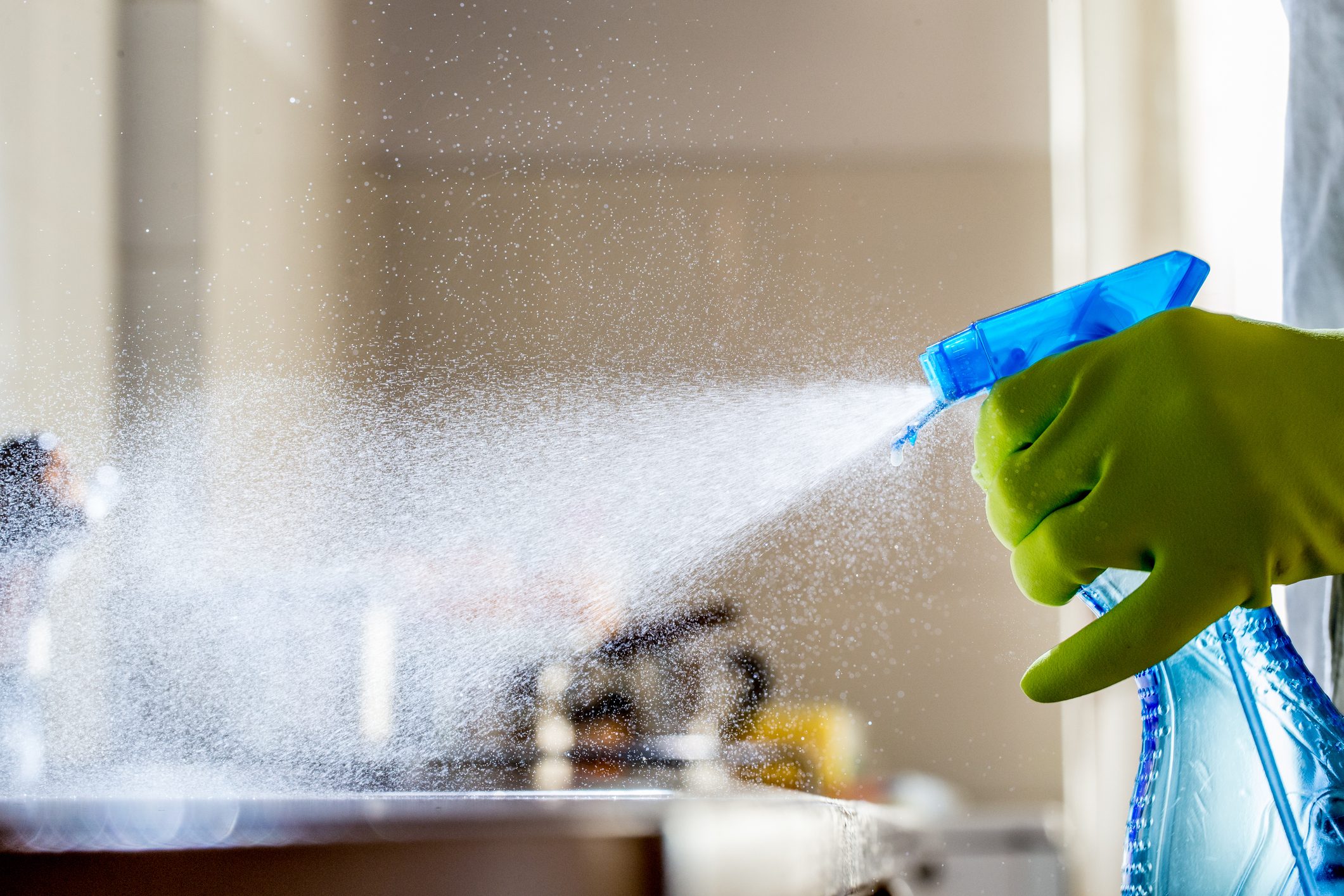





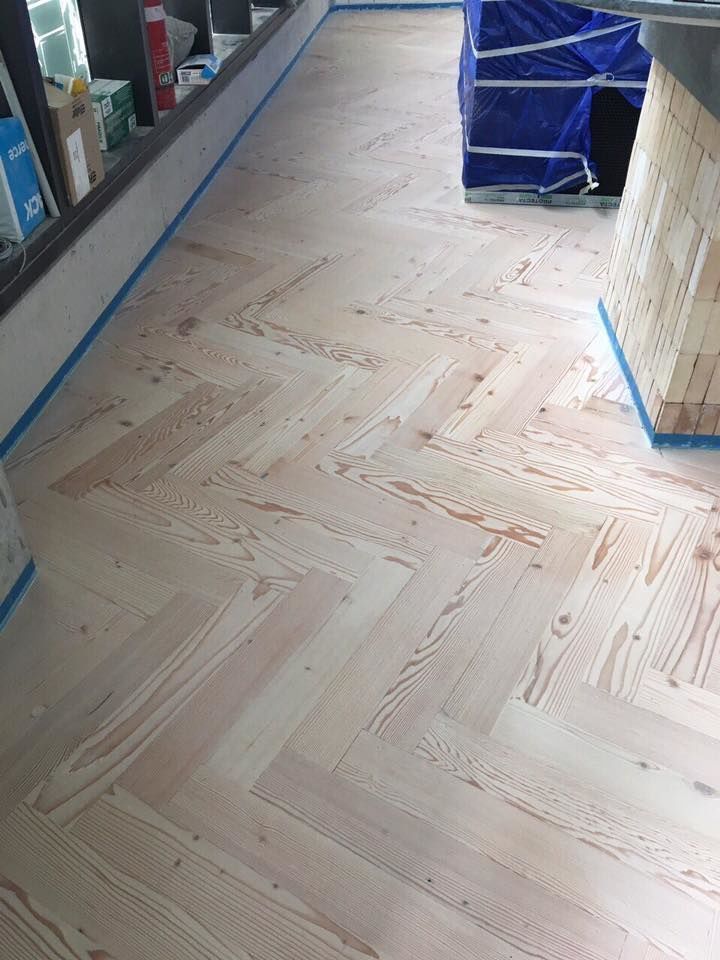

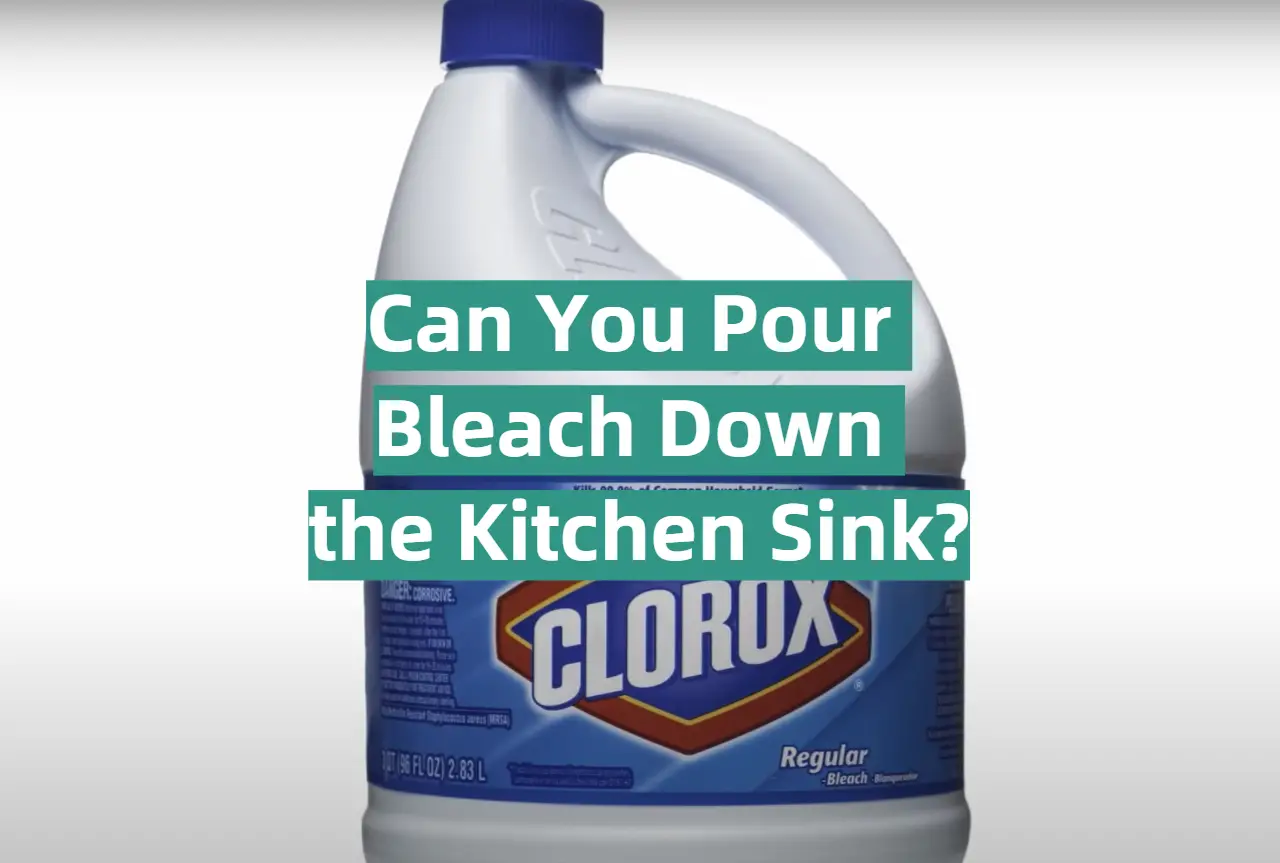

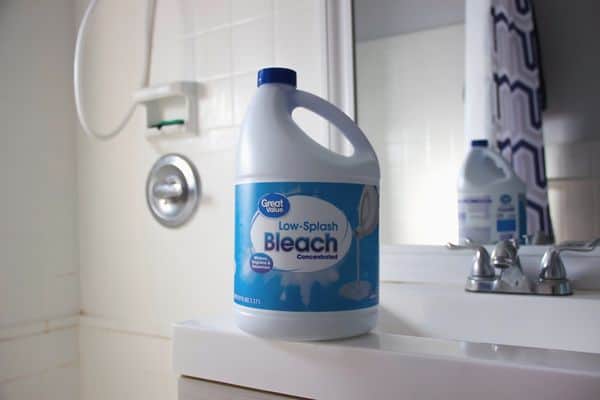
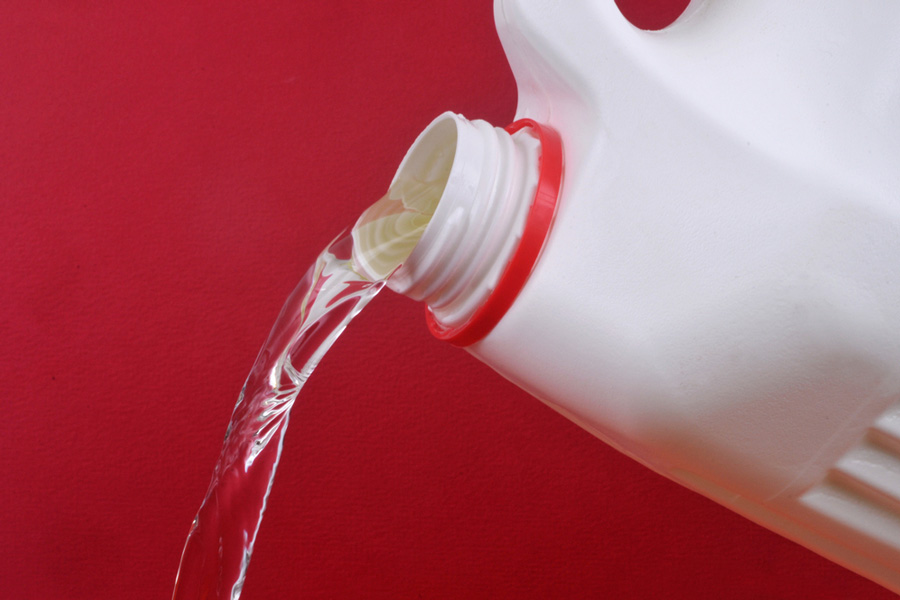




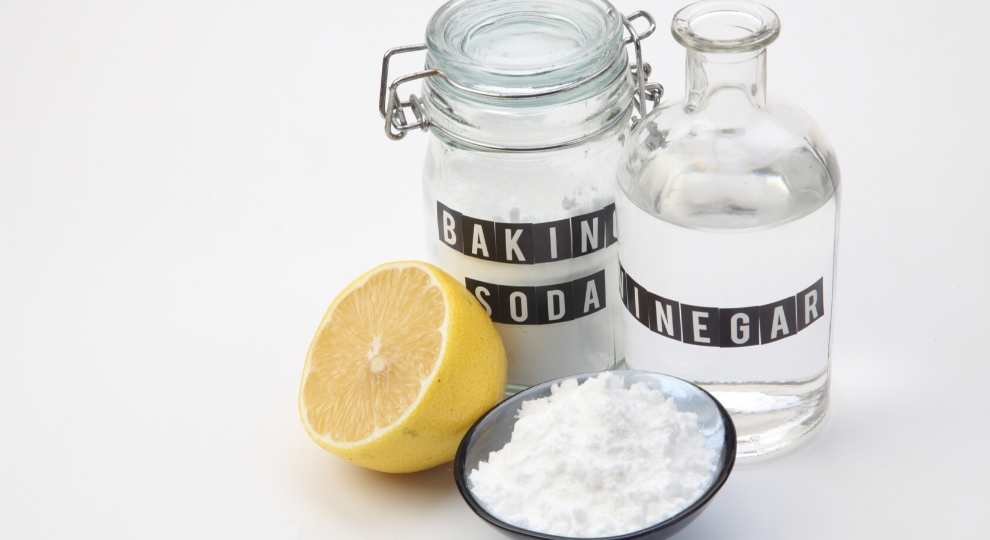



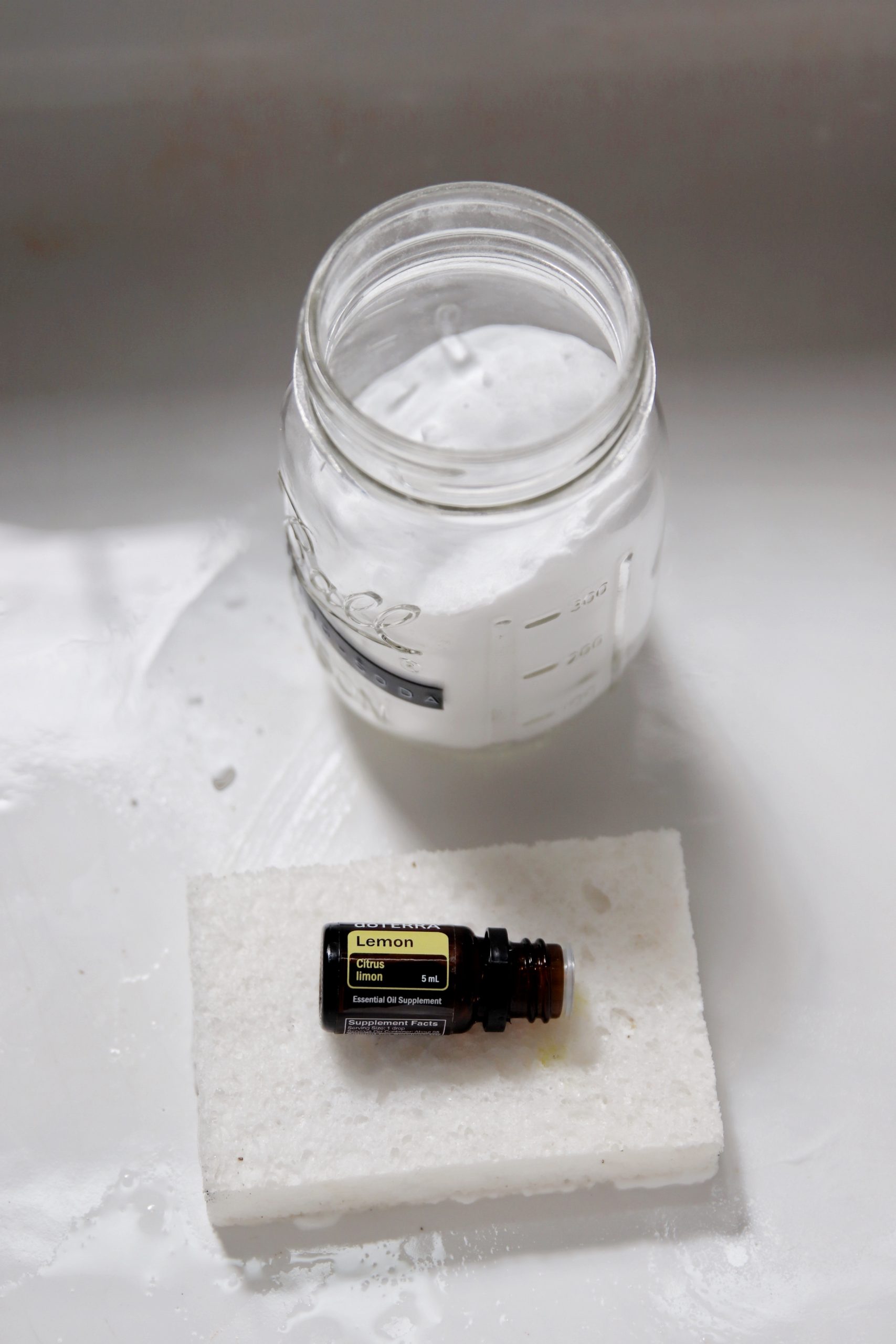

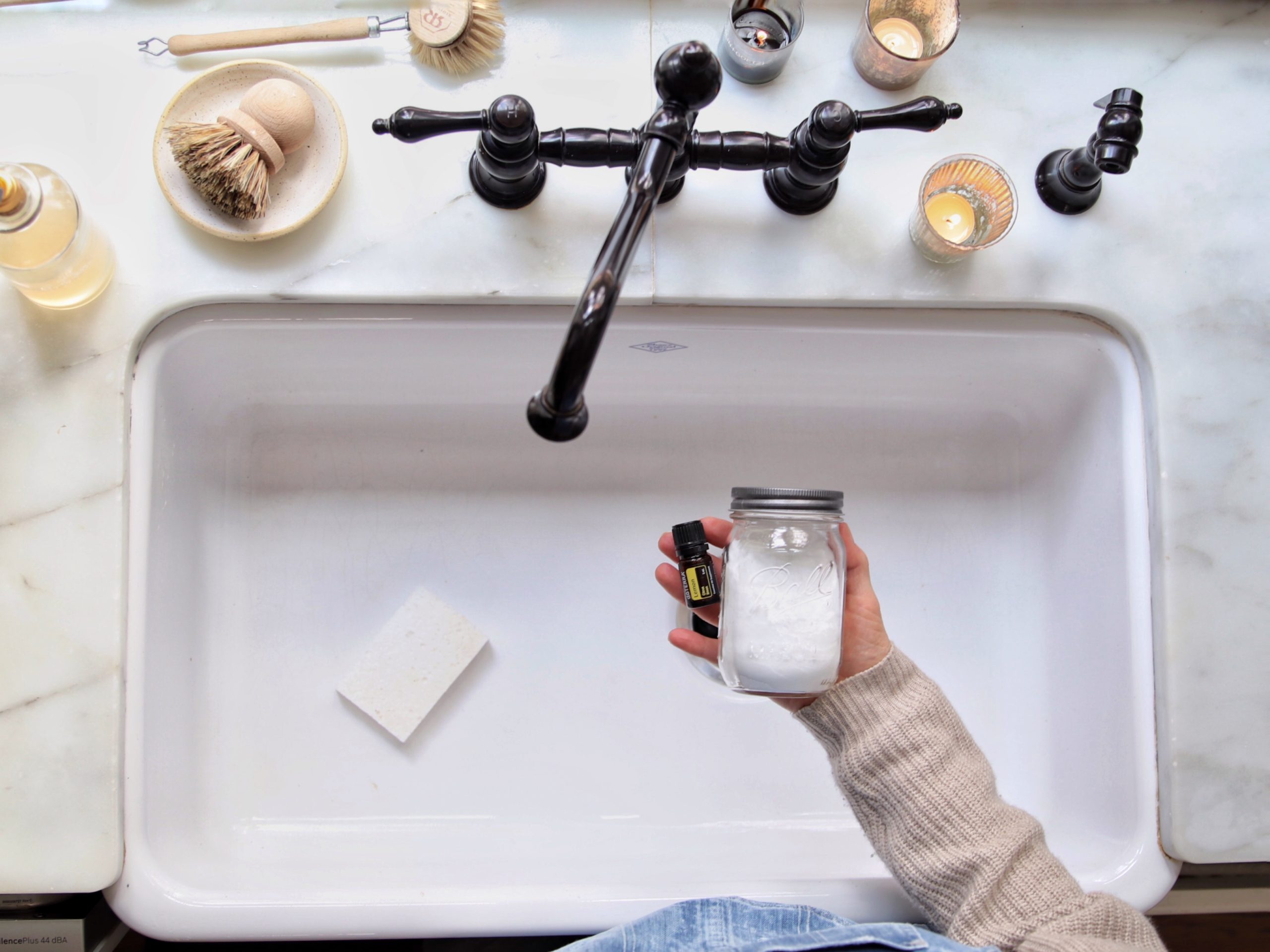
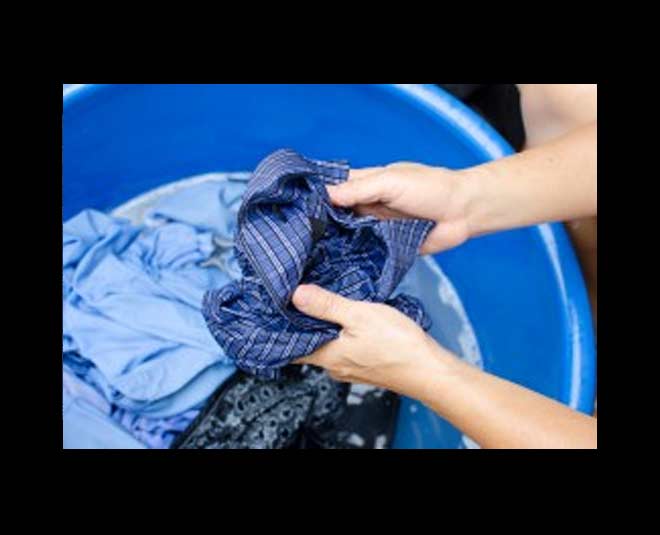
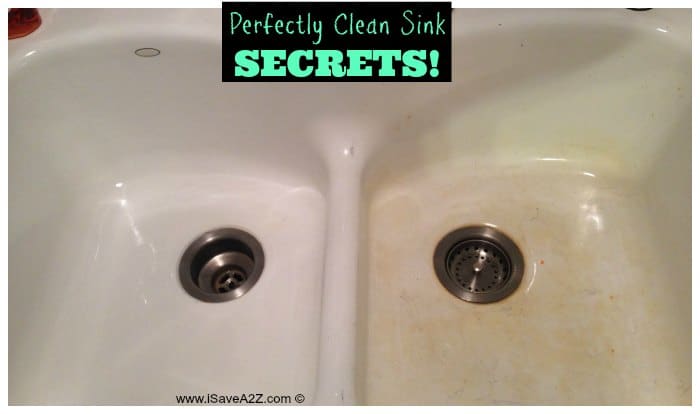

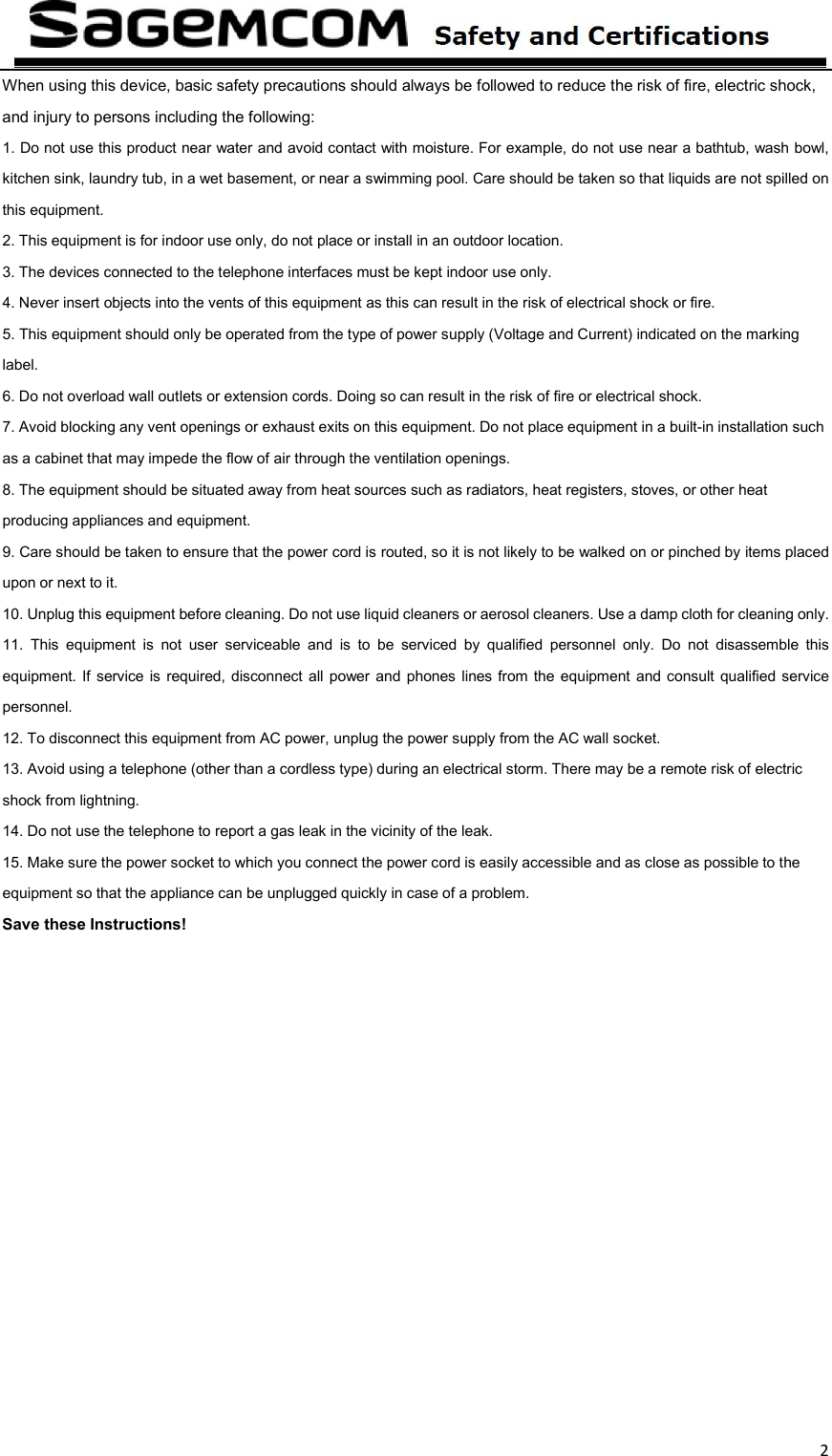


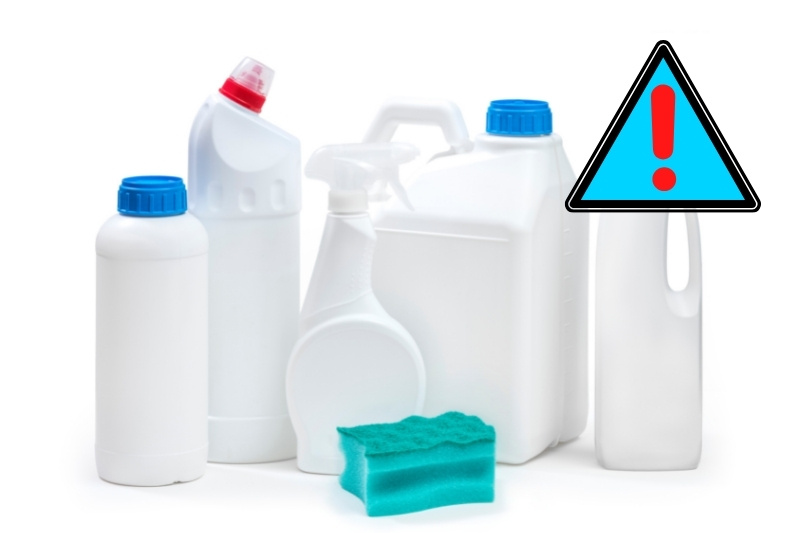
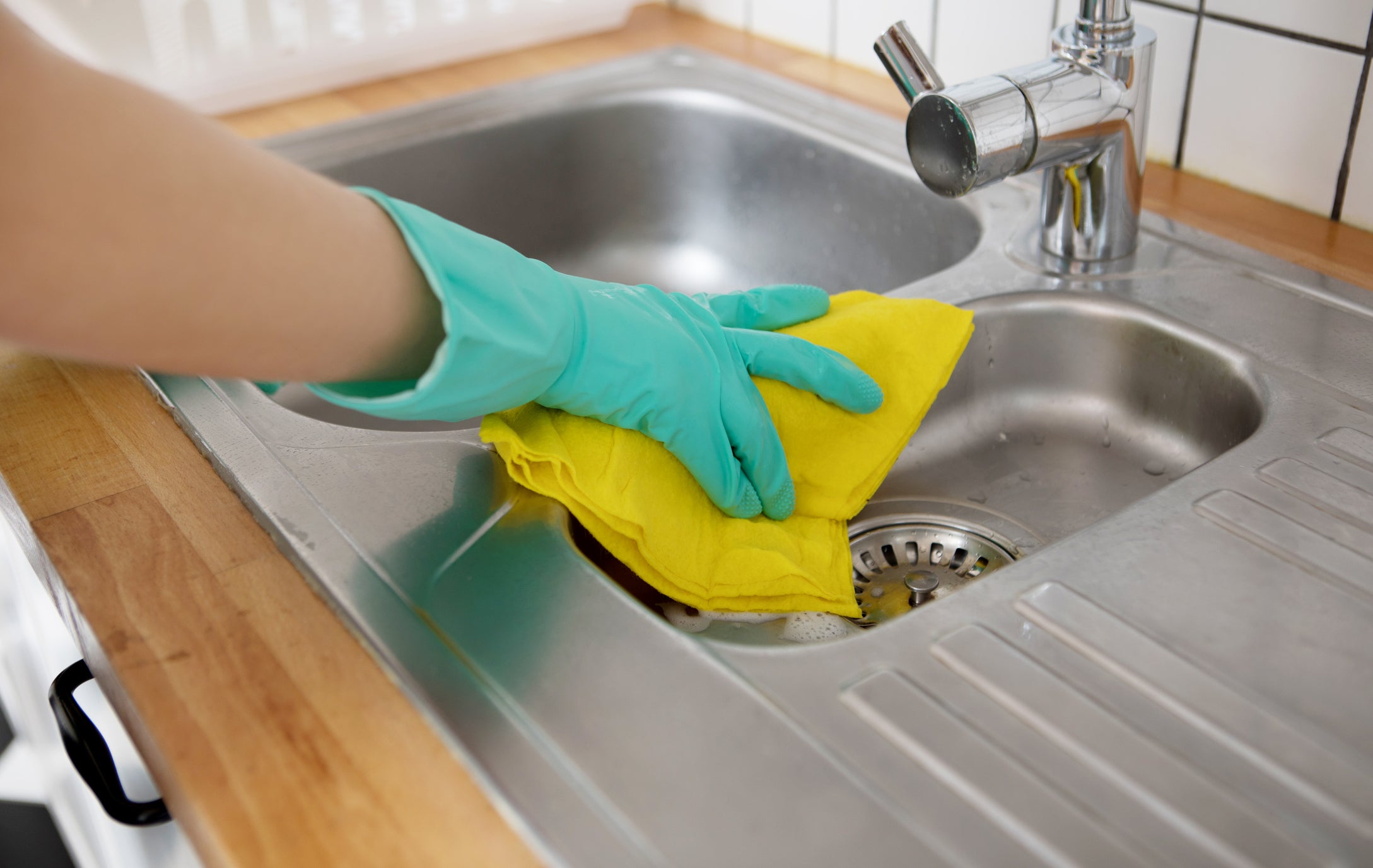

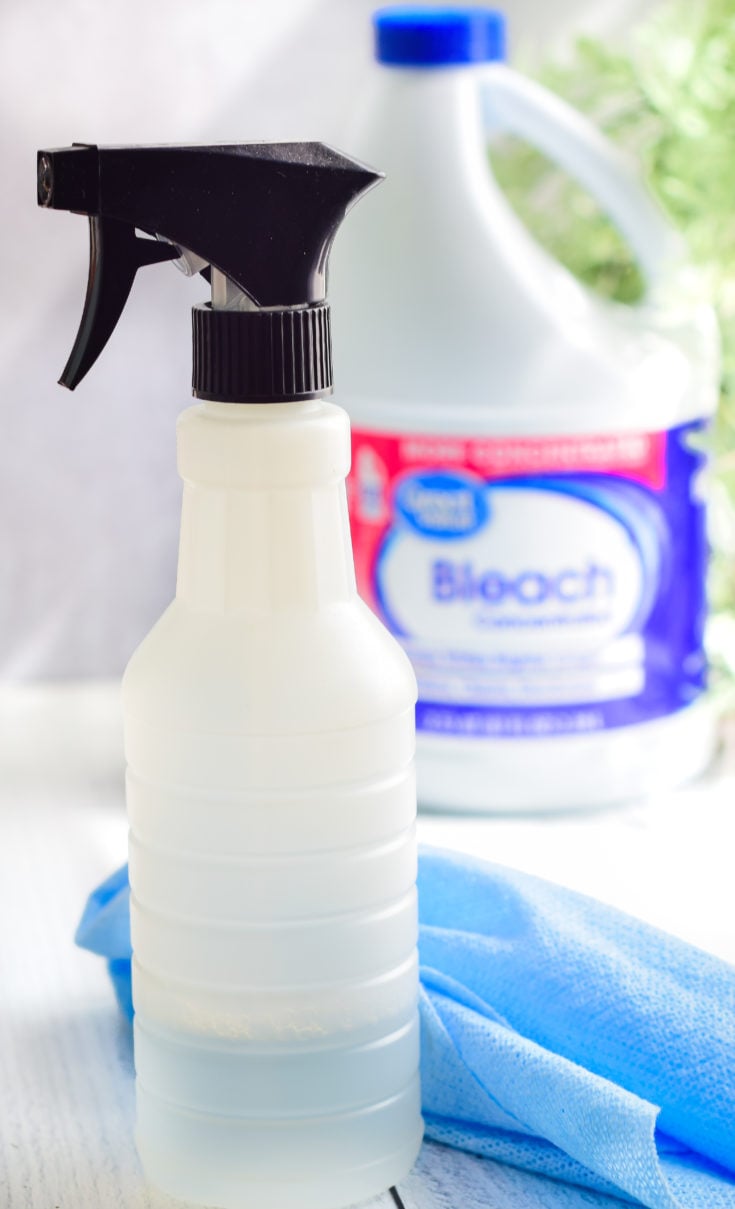


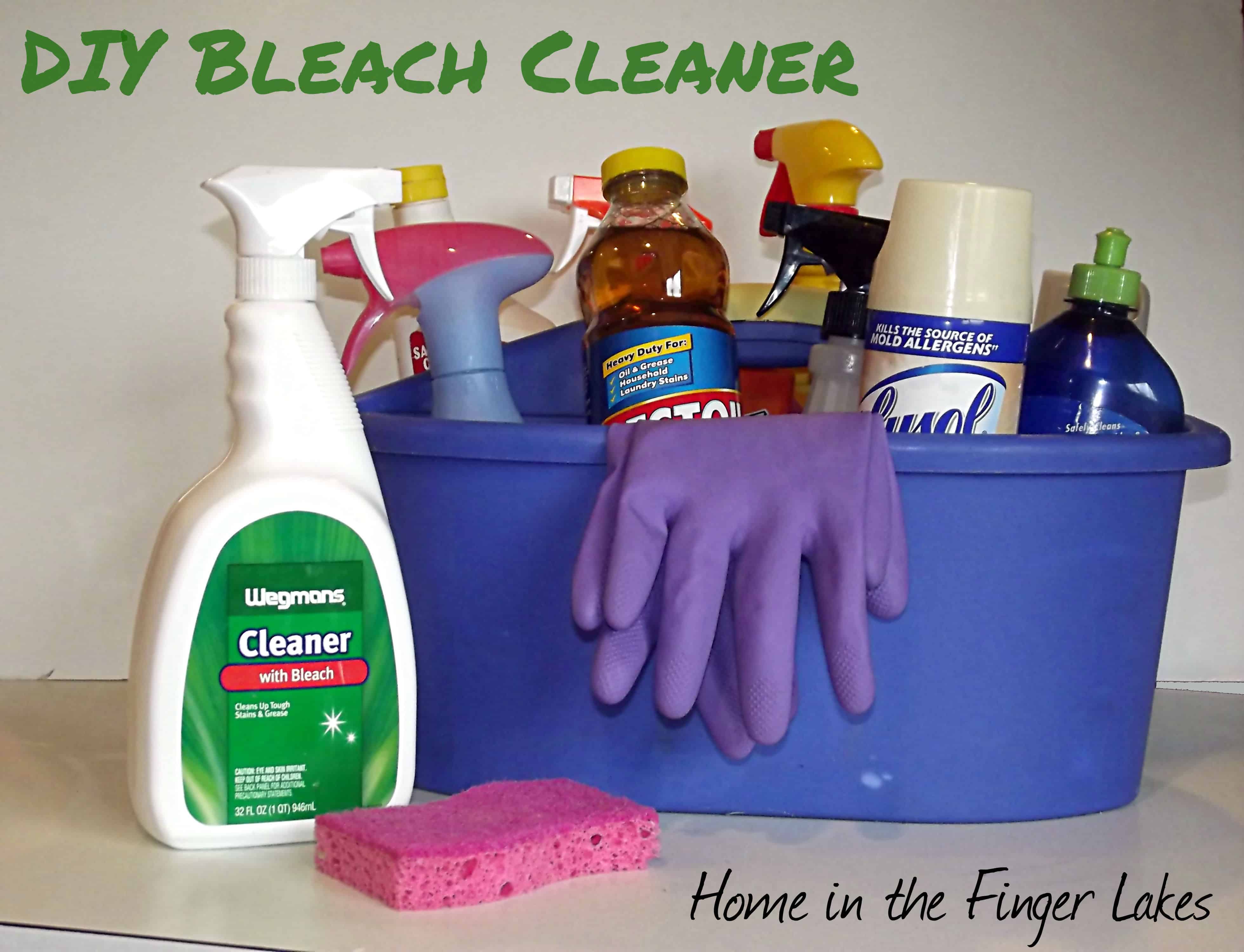

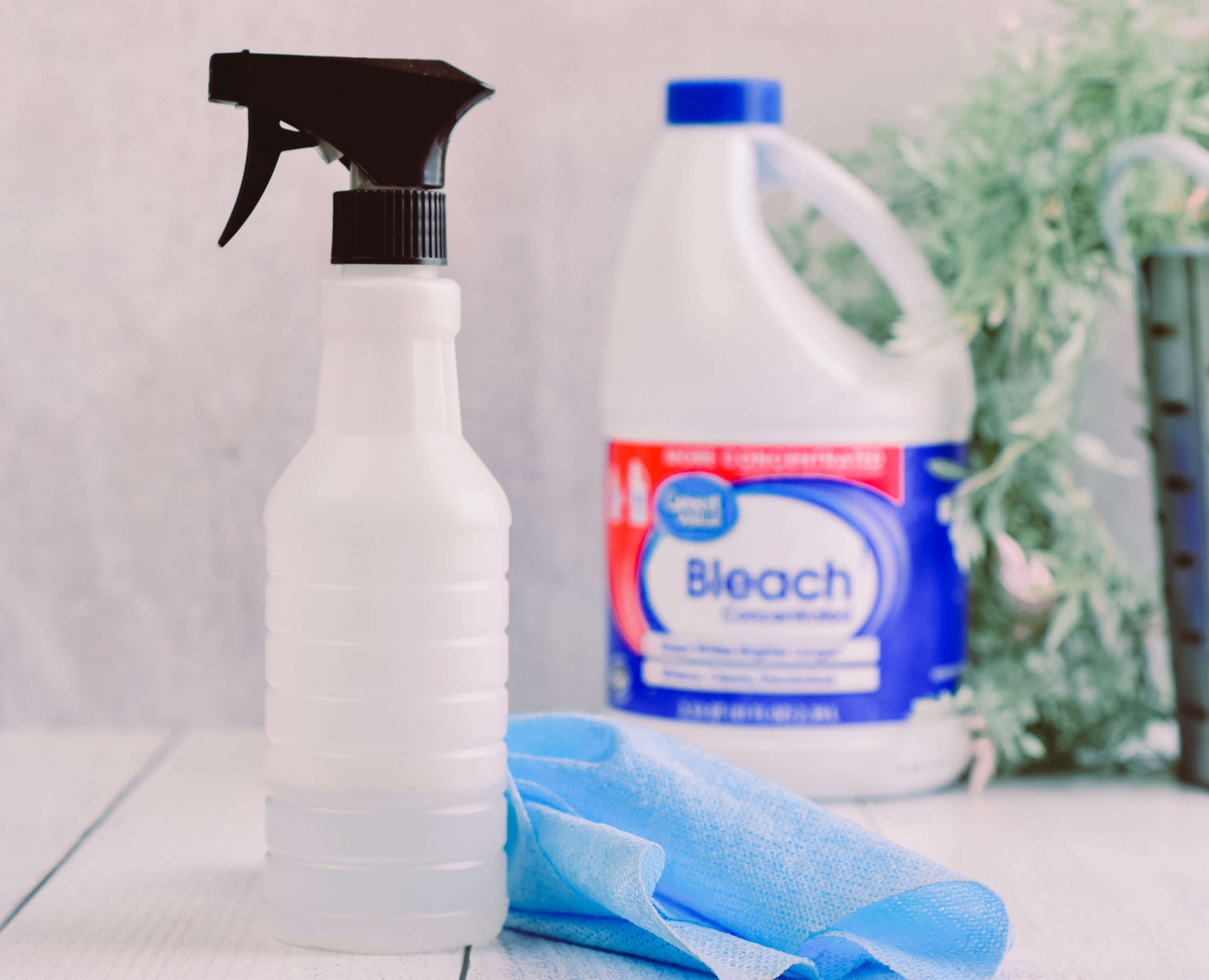







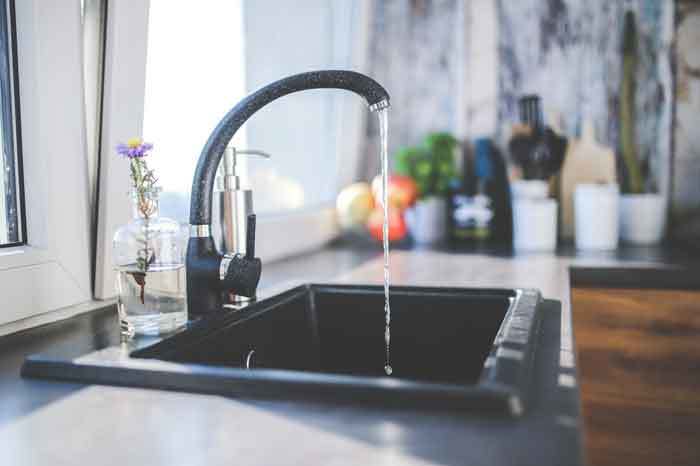






/small-living-room-ideas-4129044-hero-25cff5d762a94ccba3472eaca79e56cb.jpg)
